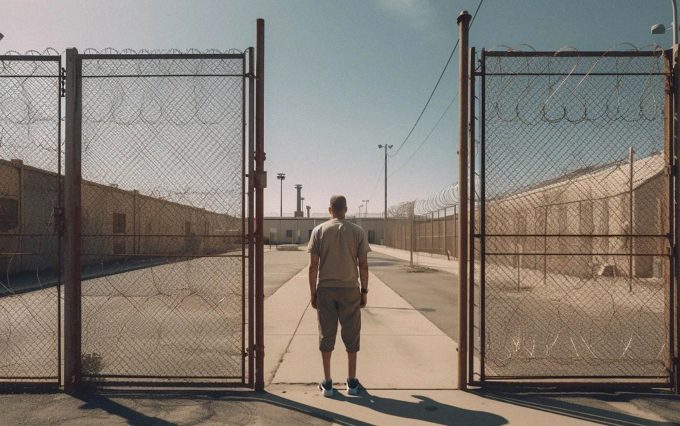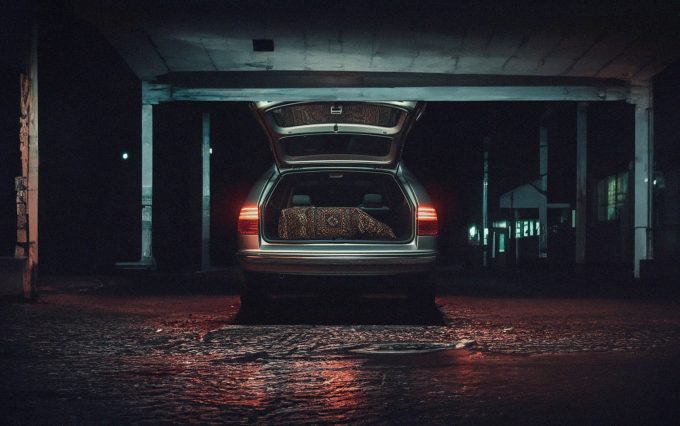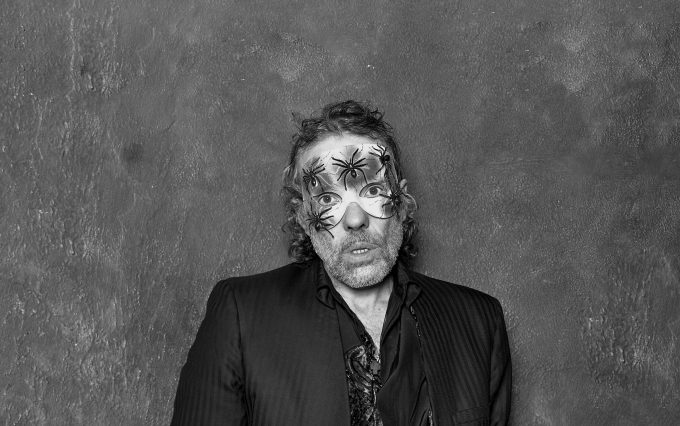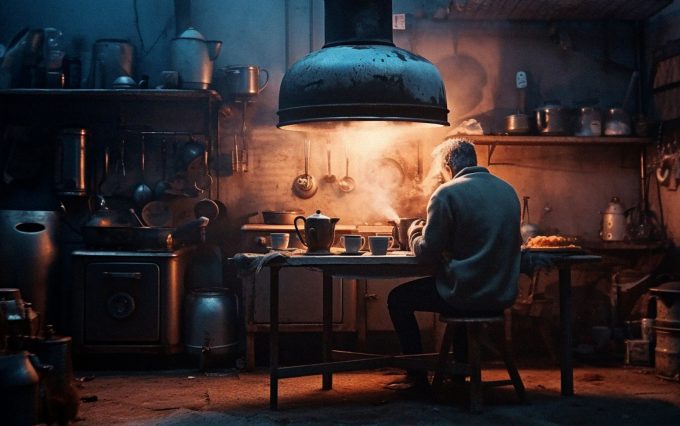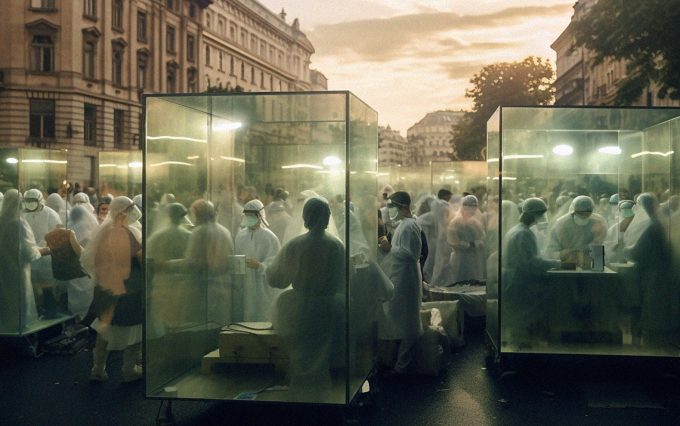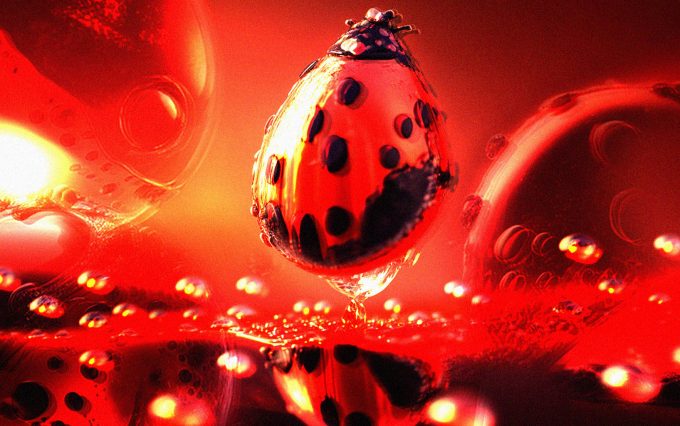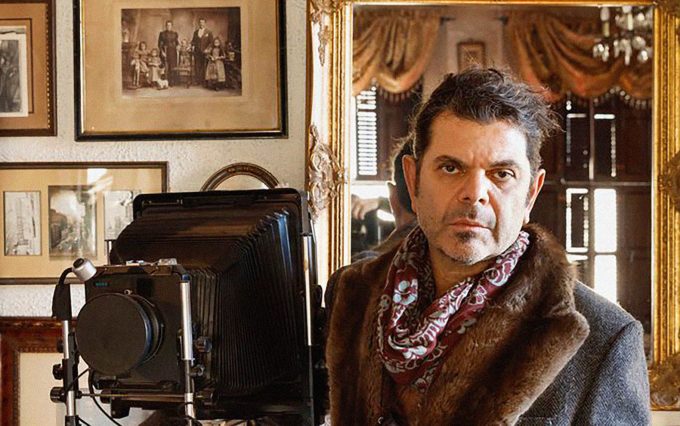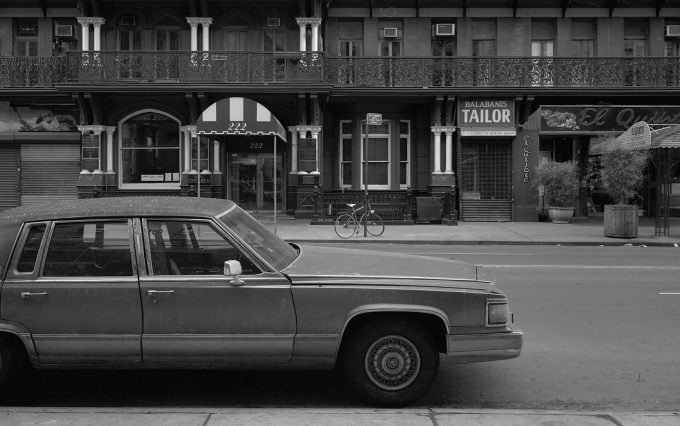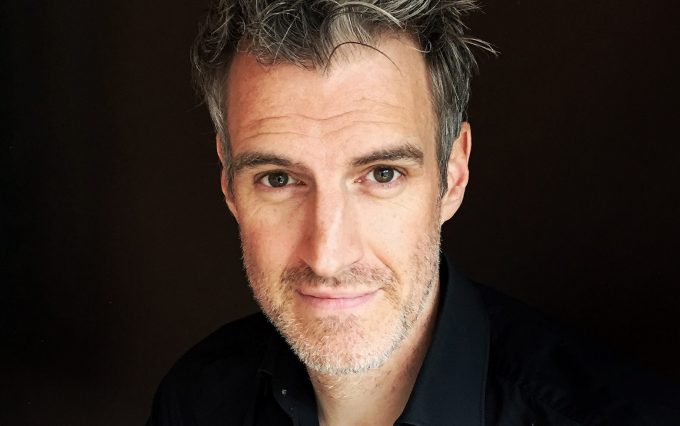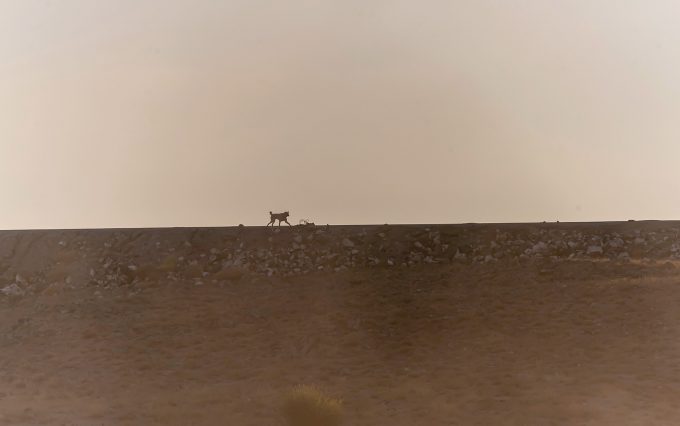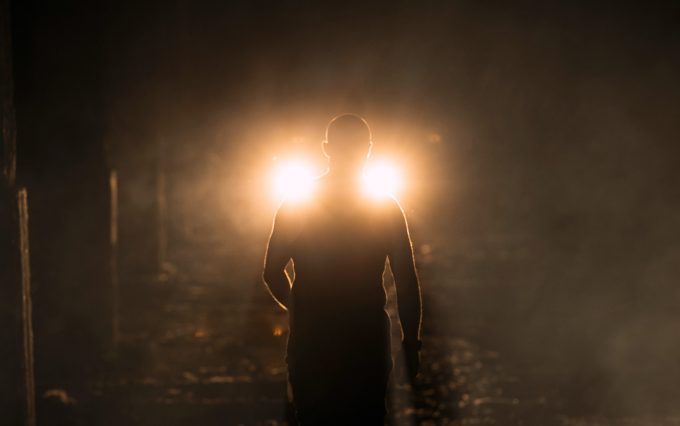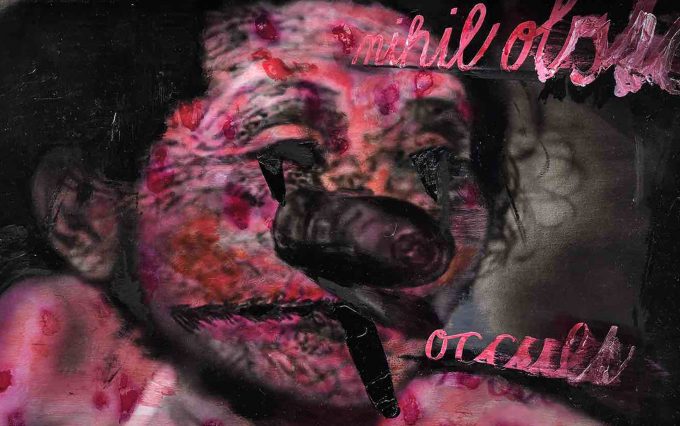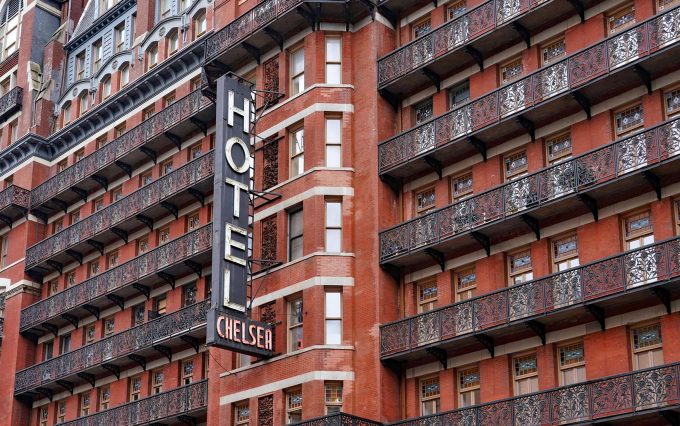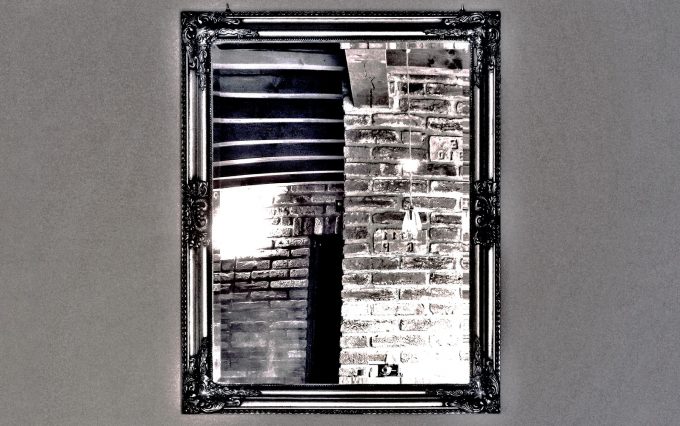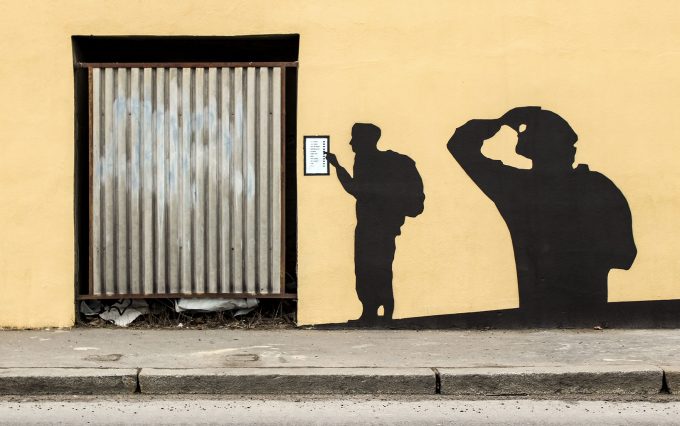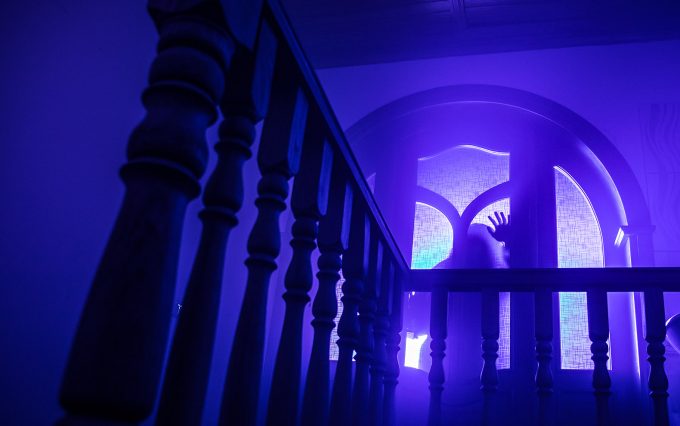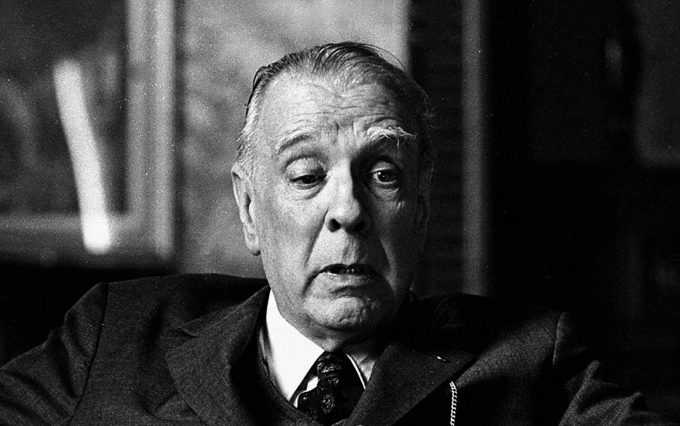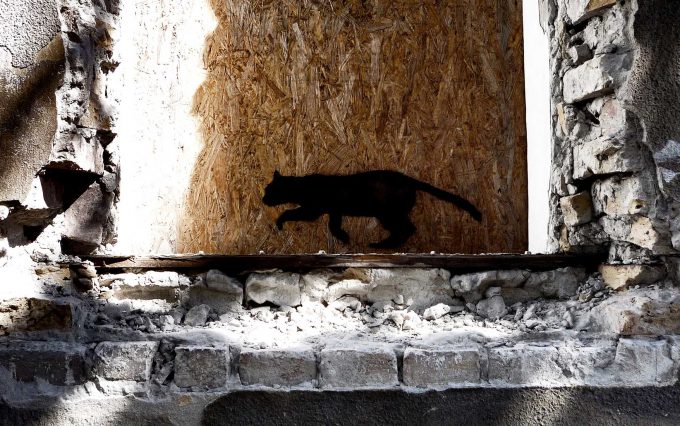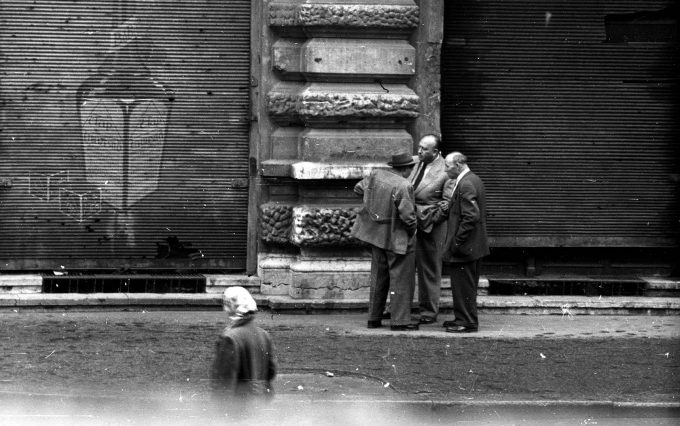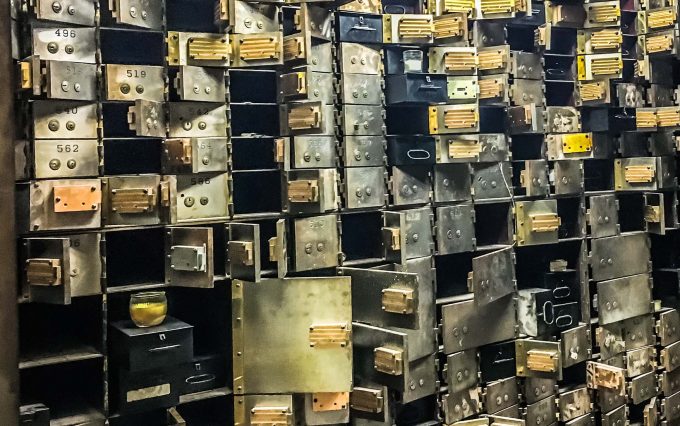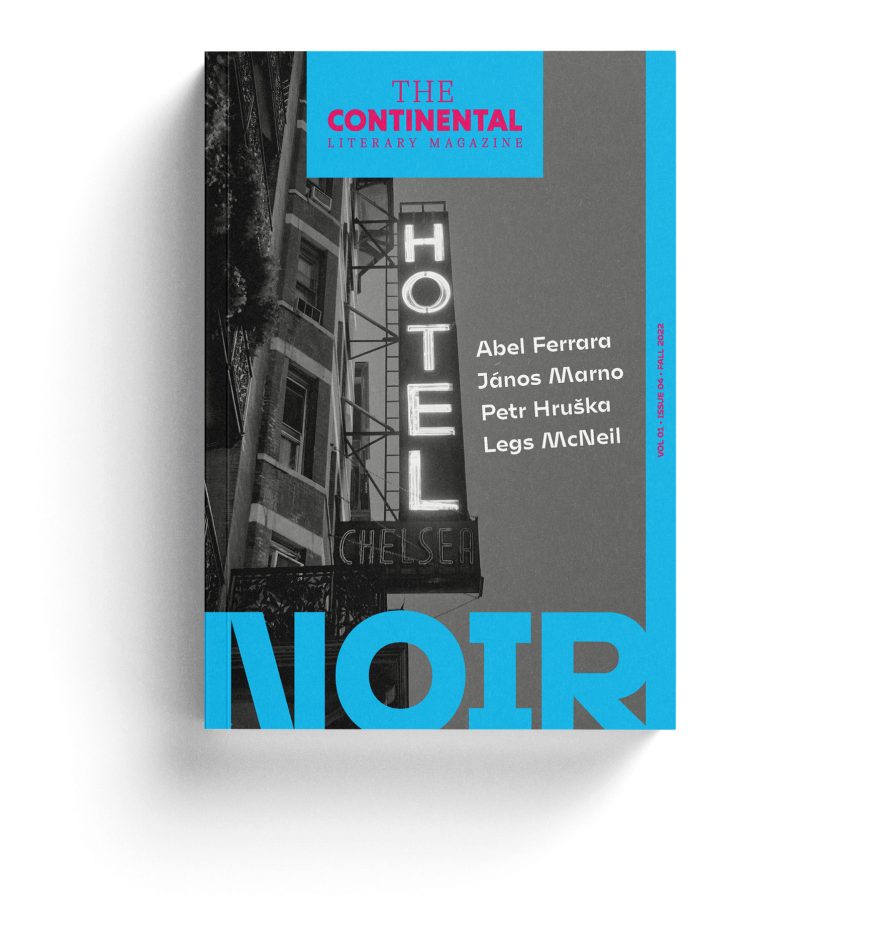
About the Issue
The Dark Alleyways
of the Soul
Noir is French for black. The word was first used in reference to the arts by the French critic Nino Frank, primarily for the 1940s Hollywood movies. Whether noir is a genre or a style is hard to say, but its trademark features are known to all from cinema, literature, and comic books. Hardboiled detectives, dark alleyways, rain, and estrangement. A flickering neon sign above a run-down whiskey bar.
Though noir is a genre of nostalgia, it has more to offer than just the cliched trench coats, cigarette smoke, and black-and-white filter: it has a gift for reinvention, and today nourishes the hybrid aesthetics of cyberpunk, technomodernism, and transhumanism. Less a flickering neon sign than the blinding lights that dazzle the congested spaces of a futuristic megalopolis. But this cascade of colors does little to soothe the spleen of the human soul.
The spiritual heart of our issue is the infamous Chelsea Hotel, which for a century provided a home for eccentrics, misfits, and dreamers. The magazine is illustrated by the photos of Tony Notarberardino, long-time resident of the Chelsea, who experienced the hotel’s golden age and has chronicled the motley faces of its guests and tenants since the 90s. During our video call with Tony, when his faint smile appeared on our screen, we couldn’t tell the time of day there. It was noon in New York, but with the drawn shades could have been midnight. As we learned from Tony, time has little significance in the Chelsea, as it flows differently within its walls.
Constant darkness, an indefinite twilight zone. The dark shelters artists, writers, and thinkers: not only does it blur the sharp edges of the mundane, but also the social and personal boundaries between individuals. And so names like Patti Smith, Robert Mapplethorpe, Arthur Miller, Diego Rivera, Arthur C. Clarke, Dee Dee Ramone, or Sid Vicious could fit alongside one another in the dimly lit artistic space of the Chelsea. Writers, musicians, dealers, and sword swallowers in one room. Opposites that attract, repel, or complement each other: just as art and literature do.
Of course, in the dark lurks danger, to which the shady alleyways of noir novels, and the haunted rooms of the Chelsea have both born witness. And such peril is only dwarfed by what lies in waiting for the artist wanting to steal a glimpse into the darkness of their own soul. Yet despite the menace, the dread, and the alienation, darkness holds potential: against the black backdrop, not only do party lights and neon signs shine more brightly, but life itself.
FROM THE ISSUE
In this short story, McCarthy waits like a professional, in the cell of the New York Department of Correction, or in a motel room with a fifth of rye.
A mystery by László Márton involving a Hungarian chemical engineer and a Persian rug, set in Vienna, just six years after the Soviets withdrew.
In an exclusive interview for the Continental, legendary film director Abel Ferrara shares his thoughts on the movie industry, addiction, and the importance of remaining artistically independent.
A fragmentary avantgarde poem by Hungarian poet János Marno, with seemingly no framework, contorted with cynicism, lust, shame, villainy, and terror.
The inhabitants of this plague-struck world, in this poem by Hungarian poet Petra Szőcs, are seething with suspicion, horror, fear, and longing.
A police investigation at the scene of the death of a 17-year-old prostitute, from the pen of the most widely read Slovak detective fiction writer.
In this poem by Hungarian poet János Marno in a private moment of near hallucination a ladybird on a finger is mistaken for a drop of blood.
In modern Russia, for how long can boyhood fantasies of criminals, femme fatales, and riches truly replace reality? A story by Sergey Kuznetsov.
In this polygraphic poem, by Petra Szőcs, we discover whether any truths are revealed when one’s heart becomes the subject of a lie detector test.
Long-time resident of the Chelsea Hotel, photographer and filmographer Tony Notarberardino shares his personal anecdotes about the legendary dim of artists.
Whether noir is a genre or a style is hard to say, but its trademark features are known to all from cinema, literature, and comic books. Hardboiled detectives, dark alleyways, rain, and estrangement. A flickering neon sign above a run-down whiskey bar.
A conversation with crime writer Thomas Raab about the origins of mean-spirited Austrian humor, the ability to stumble and laugh at oneself, and the hopeless search for the ultimate answer.
Sendecki’s poem is a plot of image and meaning with a characteristically dramatic aura, its microscenes simultaneously intriguing and disturbing.
In the criminal underworld of László Sepsi’s upcoming novel Territorium, talk never really was an option and violence comes with the territory.
A poem with a unique strategy of internal, authorial intertextuality, not merely literary play, but a means of perceiving the world.
Legendary US music journalist Legs McNeil recounts the sometimes dark, sometimes dazzling history of punk rock and the iconic Chelsea Hotel.
An aphoristic one-word poem by veteran Hungarian poet János Marno that captures both the black humor and the utter pessimism of noir.
American expat in Prague, Michael Stein recalls the various opportunities the haunted historic city confronted him with his Jewish heritage.
In Márta Júlia Nagy’s poem, a home for beautiful crazy girls lies rotting as if from a modern nightmare or a fairytale by the Brothers Grimm.
In this short story by András László, a nameless narrator recounts the grim tale of Károly Kósa Jr., Károly Kósa Sr. and the bloody axe.
The Hungarian poet János Marno considers the bright optimism of the ageing Jorge Luis Borges in the face of death, and a new life in Buenos Aires.
A detective story with a touch of Czech humor, a “comic detective novel” by one of the most successful Czech crime writers.
A poetry of unrest and hidden dangers in everyday life, which confronts readers with a world seemingly familiar, and yet surprising in its reality.
Anton loves Marie, no doubt about it, but what’s a man to do without so much as a rejection, a disparaging glance? A unsettling tale by Thomas Raab.
In this dystopian, Hungarofuturist short story by Máté Makai, an investigative journalist follows a cell of time-travelling climate terrorists.
